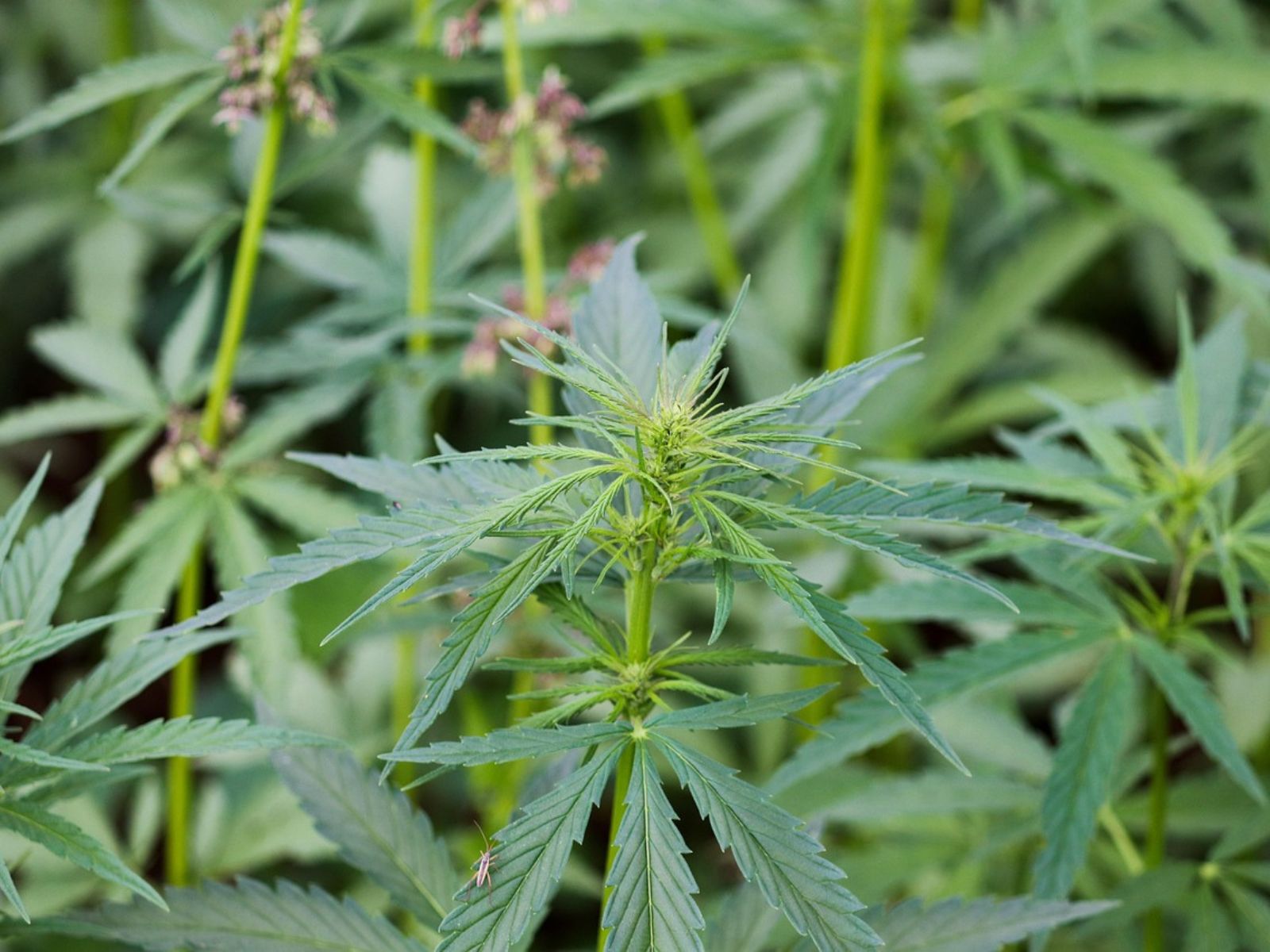
How Would U.S. Cannabis Rescheduling Impact Europe?

How Would U.S. Cannabis Rescheduling Impact Europe?
Earlier this month, United States President Donald Trump publicly affirmed that his administration is considering rescheduling cannabis at the federal level from its current status as a Schedule I substance to a Schedule III substance. U.S. President Trump indicated that he would “make a determination over the next few weeks.”
I, along with many other longtime cannabis advocates in the U.S., have always advocated for descheduling cannabis rather than rescheduling it. Tobacco and alcohol are not on the federal schedule of controlled substances in the U.S., and the same should be true for cannabis. With that being said, I do recognize the political reality that cannabis being rescheduled is a much more likely outcome compared to it being completely descheduled, and members of the cannabis industry would be wise to anticipate it.
Only time will tell if a determination is made in the coming days, and if so, whether that determination is favorable or not. However, for the sake of this article, I will assume that a determination is made and that cannabis will be rescheduled to Schedule III in the U.S. Such a public policy change would have an immediate and significant impact on the domestic cannabis industry in the U.S., but how would it impact Europe’s emerging markets?
To point out the obvious, the United States’ domestic cannabis policies are not directly tied to cannabis policies in Europe, and there is no obligation for the European Union, its members, or non-EU countries on the continent to update their cannabis policies due to U.S. cannabis rescheduling. But that is not to say that there will be no impact at all on Europe’s emerging cannabis markets. A cross-Atlantic ‘butterfly effect’ is virtually guaranteed to occur. The only real question is to what extent the butterfly effect will be.
One of the most immediate impacts on the U.S. cannabis industry will come in the form of federal taxes on cannabis businesses. Many state-legal cannabis businesses in the U.S. pay a considerably higher tax rate compared to businesses in other industries, due to the 280E provision in the federal tax code. That provision in the U.S. tax code can result in a tax rate as high as 70% more for cannabis businesses in some cases.
Section 280E of the Internal Revenue Code prohibits businesses from deducting certain business expenses from gross income associated with the “trafficking” of Schedule I or II substances, as defined by the Controlled Substances Act. Moving cannabis to Schedule III would result in state-legal cannabis businesses in the U.S. saving billions of dollars annually, and presumably, some of those tax savings would then be used by U.S. companies to expand their operations to Europe. It is nearly impossible to estimate how much money would be involved, given all of the moving parts, but it is a safe bet that at least some amount of revenue would flow from one side of the Atlantic Ocean to the other for expansion purposes.
In addition to 280E savings, many cannabis entrepreneurs and investors in the United States would finally gain proper access to financial services, including loans from financial institutions. Many financial institutions in the United States do not offer loans to cannabis businesses because cannabis is a Schedule I substance in the U.S. That would change, at least to some degree, if cannabis were rescheduled to Schedule III. That would, in turn, open up more funding options for U.S.-based cannabis companies seeking to expand to European markets.
The United States is the largest legal market for cannabis on the planet right now, despite cannabis being a Schedule I substance at the federal level. Dozens of states have legalized cannabis commerce for medical and/or recreational products, resulting in tens of billions of dollars in annual state-legal cannabis sales. However, one area of the emerging cannabis industry that U.S. companies have largely missed out on is international cannabis exports, with some very limited exceptions for synthetic pharmaceutical and hemp products.
To help provide some context for how much of an opportunity cost the United States has experienced when it comes to international cannabis exports, consider that Germany’s legal medical cannabis industry imported over 43 tonnes of medical cannabis products in Q2 2025 alone. Much of those tonnes came from Canadian cannabis companies.
If cannabis were a Schedule III substance in the U.S., it would reduce many of the current hurdles and roadblocks involved with exporting THC medical cannabis products, although the DEA would need to put some additional cannabis-specific regulations in place to comply with international agreements. U.S. companies exporting significant amounts of THC medical cannabis products would change not only the European cannabis industry landscape, but also the industry landscape in many other parts of the world.
One of the largest impacts that U.S. cannabis rescheduling would have on Europe would not necessarily be financial, but rather, political. The United States was the driving global force for spreading cannabis prohibition decades ago, and to some extent, for keeping cannabis prohibition policies in place. Long-awaited federal cannabis reform in the U.S. would be arguably the largest symbolic example so far of the emerging cannabis industry going mainstream, and it would presumably encourage many European nations to modernize their own laws and regulations.
U.S. rescheduling may even lead to the European Union modernizing its approach to adult-use cannabis policy and letting its member nations conduct considerably more recreational commerce than it does right now. That would have an undeniably positive and significant impact on Europe’s emerging cannabis markets, and while that is a lofty expectation to be sure, U.S. rescheduling makes many things possible that used to be unthinkable.
Share article


Share article
Join Our Awesome Community
Join Our Awesome Community
Join Our Awesome
Community
Get all the latest industry news
delivered to your inbox







